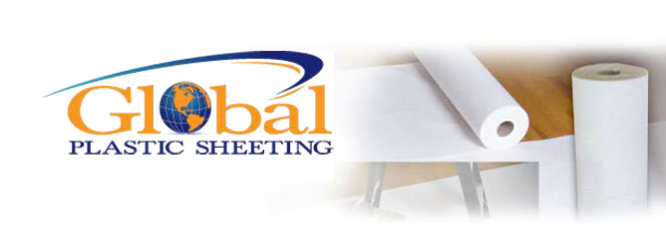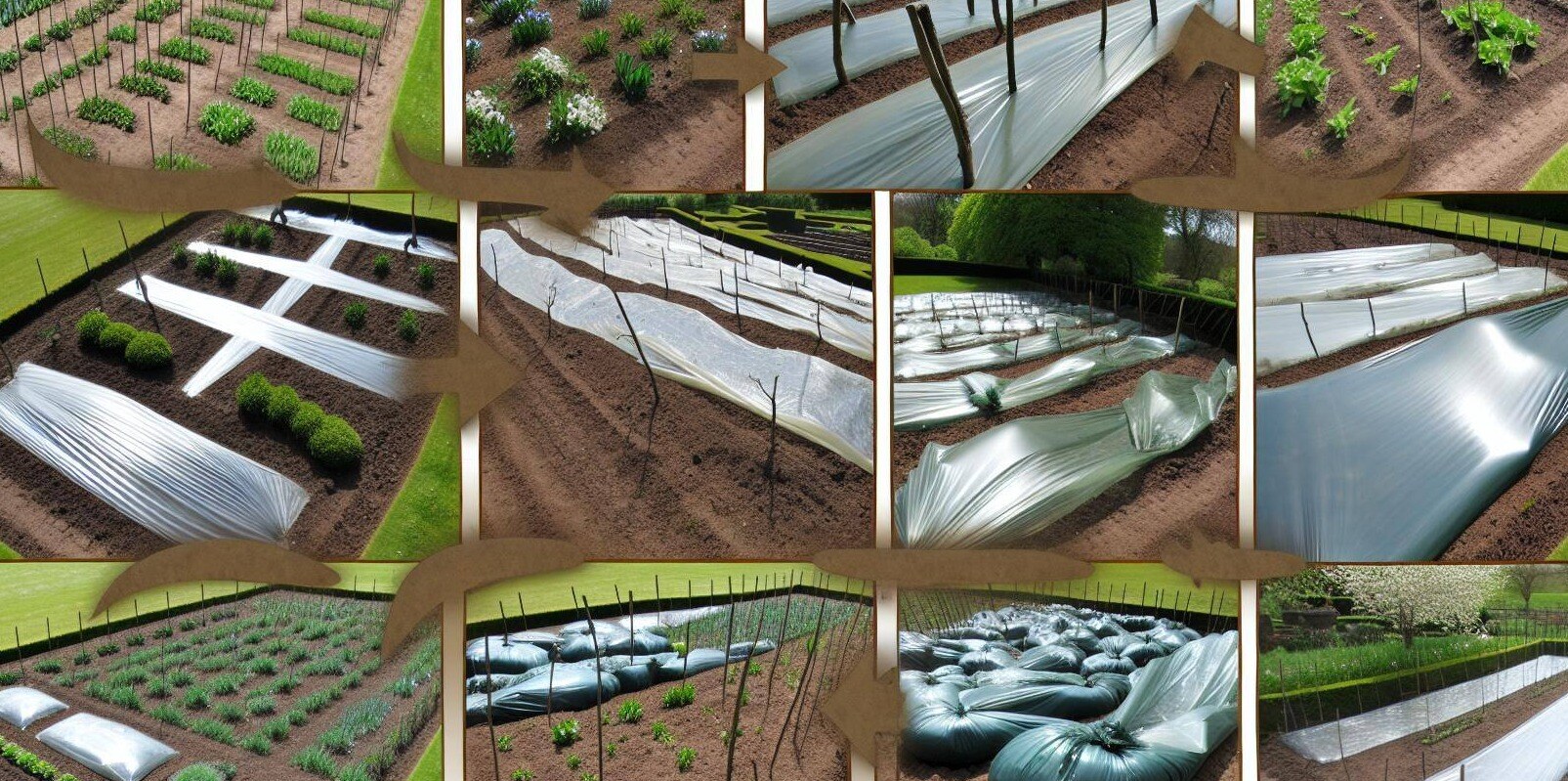What is BAC 5034-4?
BAC 5034-4 is a stringent aerospace specification developed by Boeing, designed to ensure materials used in critical components meet specific standards for safety and performance. This certification is crucial for materials used in aircraft construction, particularly those subjected to high-stress environments, where flame retardancy, durability, and reliability are paramount.
What Does BAC 5034-4 Cover?
The BAC 5034-4 specification includes guidelines for several types of materials and their applications, particularly focusing on their performance in extreme conditions. This certification ensures that materials such as tapes, films, and coatings used in aircraft manufacturing meet Boeing's strict safety and performance criteria.
Products Meeting BAC 5034-4 Certification
One notable product that meets the BAC 5034-4 certification is Global CFRP Tape 3x60 White. This tape is specifically engineered for use in aerospace applications, particularly in barrel sections (PSD6-32), and is certified for use in all-weather conditions.
Key Features of Global CFRP Tape 3x60 White:
- Flame Retardant: The tape meets fire safety standards, making it ideal for use in environments where fire retardancy is crucial.
- Durability: Designed for all-weather applications, it performs reliably in various environmental conditions.
- Residue-Free: It leaves virtually no adhesive residue, even after 60 days of application, making it highly effective for temporary applications in aircraft construction and maintenance.
- Color Options: While the white variant is commonly used, this tape is also approved in red, orange, and black, providing versatility for different marking and application needs.
Global CFRP Tape 3x60 White: Meeting BAC 5034-4 Certification
Applications in Aerospace
Global CFRP Tape 3x60 White is used in several critical aerospace applications, including:
- Barrel Sections (PSD6-32): Provides essential flame retardant and adhesive properties in these key structural areas.
- D011U215-01 All Weather Applications: Ensures reliability in various weather conditions, protecting critical aircraft components from environmental damage.
Why Choose BAC 5034-4 Certified Products?
Using materials that meet the BAC 5034-4 certification ensures that they adhere to Boeing's rigorous standards for safety and performance. For aerospace manufacturers and maintenance teams, this certification is a mark of quality, guaranteeing that the materials will perform as required under the extreme conditions faced in aviation.
Global CFRP Tape 3x60 White is an excellent choice for any aerospace project requiring materials that are both flame retardant and reliable in harsh conditions. Its certification under BAC 5034-4 ensures it meets the highest standards for safety and durability, making it indispensable in the aerospace industry.
Ask us about all our products for aerospace applcations. Ask for Lee Hinsley. He has been serving this field for 25+ years. 760 597 9298.

















